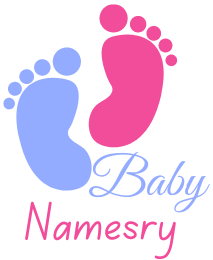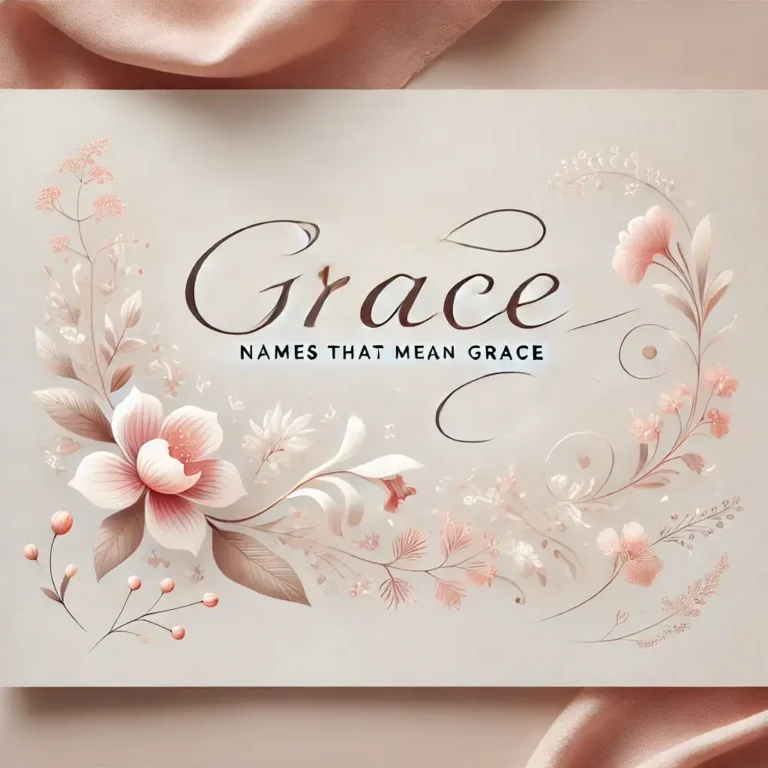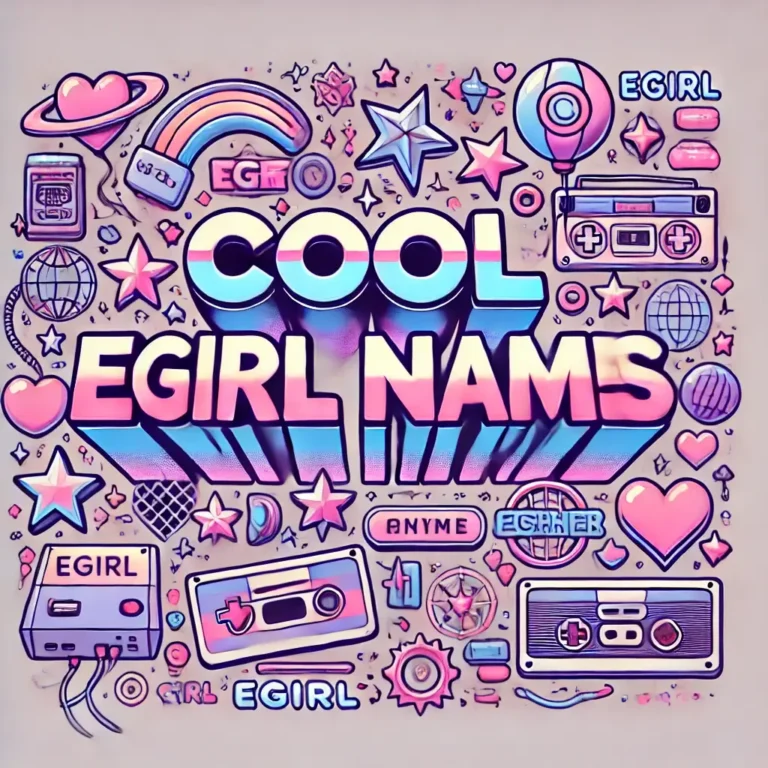Last Names From the 1800s: Perfect Picks

When it comes to naming, last names from the 1800s carry a certain charm, don’t they?
There’s something fascinating about the history woven into each name—where it came from, what it meant, and how it shaped the identity of generations.
I remember spending afternoons with my grandmother, going through old family documents, and marveling at how names back then had a sense of timelessness.
In this blog, we’re going to explore some notable last names from the 1800s, categorized by boys, girls, popular choices, unique finds, and gender-neutral options.
Let’s take a step back in time and explore these names, which carry a legacy of their own.
Boy Last Names from the 1800s
- Hawkins – Of Old English origin, this name means “son of the hawk,” symbolizing sharpness and strength.
- Thompson – Derived from “son of Thomas,” a common biblical name, Thompson evokes a sense of heritage.
- Montgomery – A powerful last name of Norman origin, meaning “manpower” or “hill of the powerful man.”
- Ellis – A simple yet classic name, Ellis is derived from the Hebrew name Elijah, meaning “Yahweh is my God.”
- Clarke – Of Latin origin, meaning “scribe” or “scholar.” It’s a name associated with wisdom and learning.
- Foster – This name has a charming simplicity, meaning “forester” or “woodsman,” connected to nature.
- Stanley – Old English in origin, meaning “stony clearing,” Stanley brings to mind rugged landscapes.
- Carter – A straightforward English name meaning “cart driver,” but it carries an air of resilience.
- Walton – Another Old English name, Walton means “walled town,” conjuring images of protection and community.
- Bennett – From the medieval form of Benedict, this name means “blessed,” carrying a gentle warmth.
Read More: Names That Mean Reflection
Girl Last Names from the 1800s
- Harper – Originally an occupational name for a harp player, Harper has a musical and delicate feel.
- Whitney – A strong Old English name meaning “white island,” it evokes purity and nature.
- Harrison – Traditionally meaning “son of Harry,” Harrison gives off a noble and dignified air.
- Bronte – A unique name, most famously connected to the Brontë sisters, authors of the 1800s. It means “thunder” in Greek.
- Blake – Of Old English origin, meaning “black” or “pale,” depending on interpretation. It has a cool, artistic vibe.
- Rowe – This name has an Old English origin, meaning “dweller by the row of houses.”
- Preston – Meaning “priest’s town,” Preston has a vintage yet refined ring to it.
- Greene – Symbolic of nature, this last name means “green or village green,” making it a peaceful, earthy choice.
- Payne – Derived from the Latin name Paganus, which means “villager,” Payne has an old-world charm.
- Sinclair – This is a Norman French name meaning “from the town of Saint-Clair,” evoking elegance and history.
Don’t Miss: Names That Mean Shark
Popular 1800s Last Names
- Smith – Perhaps the most common last name, Smith comes from “blacksmith” and has roots in craftsmanship.
- Jones – Derived from “son of John,” this name is a staple in many families, especially in the 1800s.
- Taylor – Originally a surname for those who tailored clothing, it’s a simple yet enduring name.
- Brown – A common surname referring to either brown-haired individuals or those who worked with leather.
- Johnson – Meaning “son of John,” Johnson was incredibly popular and carries a sense of tradition.
- Williams – Another patronymic name meaning “son of William,” this surname has remained popular over the centuries.
- Clark – Short and to the point, Clark stems from the word “cleric” or “scholar,” representing intellect.
- Moore – This surname has roots in England and Ireland, meaning “open land” or “swamp,” connected to nature.
- King – Originally a nickname for someone who worked for a king, this surname has royal undertones.
- Walker – Of Old English origin, this name referred to someone who “walked” on cloth to make it smooth.
Names like Johnson and Williams make me think of history books, full of prominent figures with these names. It’s a reminder of how some names never fade from popularity.
Don’t Miss: Names That Mean Fly
Unique 1800s Last Names
- Quincy – A rare name of French origin, meaning “estate of the fifth son,” perfect for something distinguished.
- Tremaine – With Welsh roots, this name means “township,” giving it a sense of community and pride.
- Blanchard – This name has French origins, meaning “white” or “fair-haired,” and has a sophisticated sound.
- Lovell – A beautiful name of Old French origin, meaning “wolf cub,” with a wild and untamed feel.
- Wyndham – A posh-sounding Old English name, meaning “from the windy village.”
- Percival – This name, tied to Arthurian legend, means “pierce the valley,” making it bold and legendary.
- Hastings – Of Anglo-Saxon origin, this name means “swift” or “energetic.”
- Vaughn – A Welsh name meaning “small” or “junior,” Vaughn has a modern yet vintage flair.
- Digby – An English name meaning “ditch settlement,” Digby is rare but has a charming rustic feel.
- Adler – Of German origin, meaning “eagle,” this name carries an air of strength and nobility.
I met a person named Digby once, and I remember thinking how unique and memorable it was. It wasn’t something you hear every day, and it added an interesting dimension to their personality.
Read More: Japanese Names That Mean Sun
Gender-Neutral 1800s Last Names
- Morgan – A Welsh name meaning “sea-born,” Morgan has always been a popular choice for both boys and girls.
- Reed – Derived from a name meaning “red-haired” or “ruddy,” Reed works perfectly as a gender-neutral name.
- Bailey – Originally meaning “bailiff” or “steward,” Bailey has become a versatile and approachable choice.
- Parker – From the Old English word for “park keeper,” Parker carries a friendly and open quality.
- Jordan – With Hebrew origins, meaning “to flow down,” Jordan is a classic and adaptable name.
- Ellis – As mentioned before, Ellis works beautifully for any gender, bringing simplicity and history together.
- Finley – A Scottish name meaning “fair-haired warrior,” Finley is both strong and versatile.
- Monroe – Of Scottish origin, meaning “mouth of the river,” Monroe adds a touch of sophistication.
- Sloan – Of Irish origin, meaning “warrior,” Sloan has a modern edge that works well for all genders.
Morgan is a name I’ve always loved for its timelessness. It feels fresh and modern, but with deep historical roots that give it lasting appeal.
Read More: Japanese Names That Mean Light
Conclusion
Exploring last names from the 1800s is like opening a window into history.
Whether you’re considering one of these names for a baby, a character, or just out of curiosity, each one holds a story of its own.
I hope you’ve enjoyed this journey through time and found a name that resonates with you. Keep exploring—you never know what hidden gem you might discover next!
FAQ: Last Names From the 1800s
What Were Common Last Names in the 1800s?
Some of the most common last names in the 1800s included Smith, Johnson, Williams, Brown, Jones, Miller, Davis, and Taylor. These surnames were widespread across English-speaking countries and often reflected occupations, family lineage, or geographical origins.
What Are Some Unique Last Names From the 1800s?
Less common last names from the 19th century include Thatcher (roof-maker), Hollingsworth (from a place name), Montague (French origin, meaning “pointed hill”), Benedict (Latin for “blessed”), and Winthrop (Old English for “friendly village”). Many of these names carried historical or aristocratic significance.
How Did People Get Their Last Names in the 1800s?
Last names in the 19th century often came from occupations (e.g., Cooper for barrel makers), geographic locations (e.g., Hill for someone living on a hill), patronymics (e.g., Anderson meaning “son of Andrew”), or descriptive traits (e.g., White for someone with light hair). Many surnames had deep historical roots and evolved over centuries.
What Are Some Old Money Last Names From the 1800s?
Prominent family names associated with wealth and prestige in the 1800s include Vanderbilt, Rockefeller, Carnegie, Astor, and Morgan. These names were tied to industry, banking, and commerce, shaping the economic landscape of the era.
Are Any 1800s Last Names Still Popular Today?
Yes, many last names from the 1800s remain common today. Surnames like Smith, Johnson, Williams, and Anderson continue to be widely used, while names with noble or historical significance, such as Sinclair, Winchester, and Harrington, have retained their timeless appeal.






